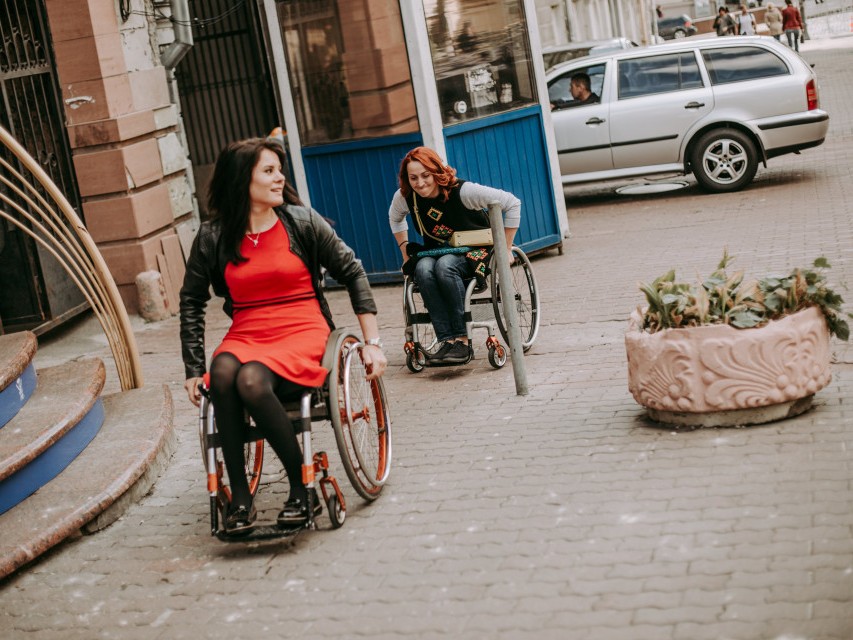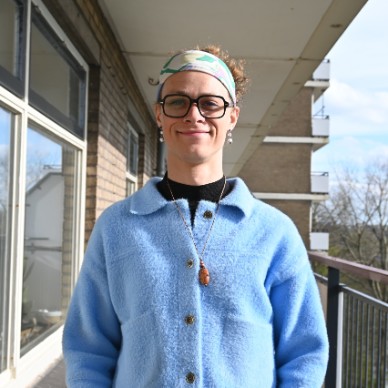Data Dilemma’s: Data and AI for an accessible Amsterdam

This event is postponed to September 26 (was first scheduled on July 16)
We often take daily activities such as commuting to work, independently taking public transport, grocery shopping or going to a restaurant for granted. Unfortunately, not everyone has this privilege. For people with reduced mobility (e.g., wheelchair users), getting around Amsterdam can be tricky. There are a lot of obstacles, such as narrow or bumpy pavements and high curbs.
The municipality of Amsterdam wants to be a free, just and sustainable city for all. For which the accessibility of the city is essential. With the Amsterdam for Allinitiative, the municipality of Amsterdam researches and experiments with how data and AI can be leveraged to ensure accessibility for its residents. How can the data and AI help to make our city more accessible for all? And which kind of dilemma’s does the city come across?
To help people with less mobility move around the city more easily, the city’s innovation department has created a prototype route planning tool. This route planner maps out the best accessible route for each person based on what they need. It considers preferences like maximum curb height when crossing the road, minimum sidewalk width, and a preference for using sidewalks or bike paths. Vishruth Krishnan, Data Scientist at the Innovation department of the municipality of Amsterdam, will tell you all about this route planner, the necessary data and the dilemma’s faces while using the data.
Agenda
- 15:45 – 16:00 Walk-in
- 16:00 – 16:10 Welcome and introduction by Amsterdam Smart City
- 16:10 – 16:25 Demo of the Route Planner by Vishruth Krishnan (municipality of Amsterdam)
Other speakers will be announced soon.
About the Data Dilemma’s series
Data Dilemmas is a collaboration between Amsterdam Smart City and the City of Amsterdam’s Data Lab. Four times a year we explore the possibilities for using data and new technologies to address urban and societal challenges, with a focus on responsible digitalization. The goal is to use data to make cities more safe, clean and accessible. But what happens to all the data that is collected? Which dilemmas do we encounter when we collect (personal) data to improve the city? These questions are important for everyone: governments, knowledge institutions, companies, and civil society. Amsterdam Smart City would like to explore with you which decisions are needed for responsible use of data.
Sign up here: tickets
